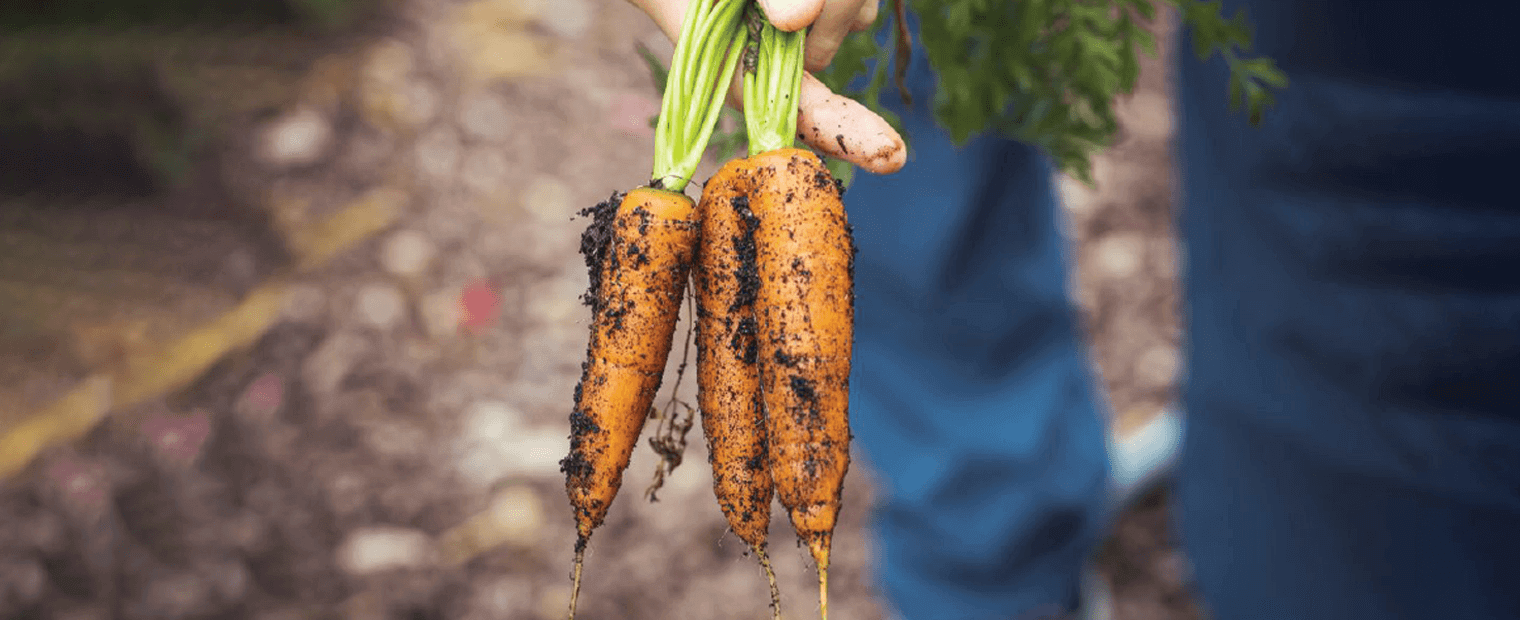Created by the 2002 Farm Bill and most recently reauthorized and expanded as part of the Agricultural Improvement Act of 2018, the BioPreferred Program is designed to increase the purchase and use of biobased products. Under the management of the U.S. Department of Agriculture (USDA), the program’s goal is to encourage economic development, create new jobs, and provide new markets for farm commodities.
What is the USDA BioPreferred Program?
There are two major components to the USDA BioPreferred program:
- Mandatory purchasing requirements for federal agencies and other contractors.
- A voluntary labeling initiative for biobased products, including bio-based plastics.
While the USDA BioPreferred Program doesn’t provide financial support for those who participate, its Rural Development agency’s loan and grant programs might be applicable.
The program was founded on the belief that the increased development, purchase, and use of biobased products:
- Reduces the country’s reliance on petroleum.
- Increases the use of renewable agricultural resources.
- Contributes to reducing the impact of adverse environmental and health issues.
What is a USDA Certified Biobased Product?
Unlike non-renewable materials like petroleum, biobased products are derived from plants and other renewable agricultural, forestry, and marine materials. Biobased products include categories such as cleaning products, fertilizers, lubricants, and bioplastics such as UBQ Material. From a bio-preferred products perspective, they do not include fuel, animal feed, or food.
The USDA Certified Biobased Product Label
Launched in 2017, the certified biobased product label identifies products made from renewable resources. The use of the label empowers consumers to make informed purchasing decisions based on a product’s ingredients. It also allows them to participate in amplifying the demand for renewable goods while creating jobs, new investments, and increased revenue.
The label’s distinctive yellow, blue, and green design features represent the sun, soil/farm, and aquatic elements. The words “USDA Certified Biobased Product” must be used regardless of whether the certified product is a package or product.
UBQ Material Earns the USDA-Certified Biobased Product Label
UBQ Material is now approved to display the USDA label to indicate what percentage of its content is biobased. Cost-comparative, readily available, and well-performing, UBQ Material’s patented process converts unsorted household waste into a sustainable, biobased thermoplastic material that is a climate-positive composite suitable as a substitute for conventional materials in the manufacturing of thousands of everyday products.
The USDA label recognizes UBQ’s contribution to a rapidly expanding marketplace that adds value to renewable agricultural commodities, creates jobs in rural communities, and decreases reliance on petroleum.
Why are biobased products better? Along with contributing billions to the economy and supporting millions of jobs, advantages include:
Biobased products play an increasingly important role in reducing greenhouse gas (GHG) emissions which exacerbate global climate change. The USDA estimates this reduction is equivalent to approximately 12 million metric tons of carbon dioxide per year.
Greater use of agriculture for sustainable sources of fuel, energy, chemicals, and products.
Consumers are assured manufacturers who’ve been awarded the label have submitted test evidence of a product’s biobased content to the USDA and American Society for Testing and Materials (ASTM).
UBQ Material is proud to be one of the manufacturers who’ve been awarded the right to use the USDA-certified biobased label on its products. If you’re wondering if UBQ Materials is a cost-effective, sustainable option for your manufacturing purposes, we invite you to read more about the companies, including Daimler-Mercedes and McDonalds, who are currently working on incorporating UBQ Material into their sustainability initiatives.
UBQ’s certified bioplastics have been successfully applied to a diverse range of applications. If you can imagine it, UBQ can likely find a way to accommodate your needs and processes. In most cases, making the switch does not require significant investment in new equipment, as our biobased materials integrate into existing manufacturing infrastructure.
To learn more about the USDA BioPreferred Program or the UBQ Material process, get in touch with us today.


